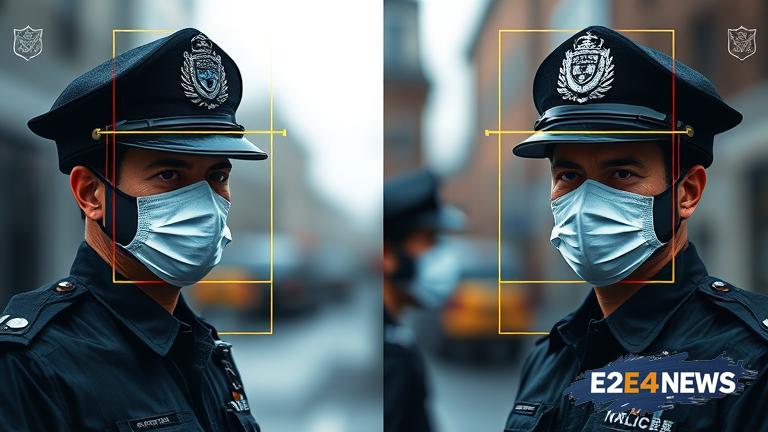The Metropolitan Police Service, the largest police force in the UK, has announced plans to double its use of live facial recognition technology. This move has been met with criticism from privacy advocates and civil liberties groups, who argue that the technology poses a significant threat to individual freedoms. The Met has been using live facial recognition since 2016, and has already conducted numerous trials and deployments of the technology. The force claims that the technology has been successful in identifying and apprehending suspects, particularly in cases of violent crime. However, critics argue that the technology is often inaccurate, particularly when it comes to identifying women and people of color. They also argue that the use of live facial recognition is a form of mass surveillance, and that it has the potential to erode trust in the police. The Met has stated that it will only use the technology in specific circumstances, such as during major events or in areas with high crime rates. However, critics argue that this is not enough to alleviate concerns over privacy and civil liberties. The use of live facial recognition has been the subject of controversy in the UK for several years, with many arguing that it is a breach of human rights. The UK’s Information Commissioner has also expressed concerns over the use of the technology, stating that it must be used in a way that is transparent and proportionate. The Met has stated that it will work with the Information Commissioner to ensure that its use of live facial recognition is compliant with data protection laws. Despite these assurances, many remain skeptical about the use of the technology. The expansion of live facial recognition is part of a broader trend towards the increased use of surveillance technology in the UK. This has been driven in part by advances in technology, which have made it possible to collect and analyze vast amounts of data. However, it has also been driven by concerns over national security and public safety. The use of live facial recognition is not unique to the UK, and many other countries are also exploring the use of the technology. However, the UK is one of the most advanced countries in terms of its use of surveillance technology, and its approach is being closely watched by other nations. The debate over live facial recognition is complex and multifaceted, and it is likely to continue for many years to come. As the technology continues to evolve, it is likely that we will see new developments and innovations that challenge our assumptions about privacy and civil liberties. The Met’s decision to double down on live facial recognition is a significant development in this debate, and it will be interesting to see how it plays out in the coming months and years. The use of live facial recognition has the potential to revolutionize the way that police forces approach law enforcement, but it also poses significant risks and challenges. As we move forward, it is essential that we prioritize transparency, accountability, and human rights. The Met’s use of live facial recognition is subject to ongoing scrutiny and debate, and it is likely that we will see further developments and controversies in the coming months. The UK government has stated that it is committed to ensuring that the use of surveillance technology is proportionate and necessary, but many argue that more needs to be done to protect individual freedoms. The expansion of live facial recognition is a significant step forward for the Met, but it is also a reminder of the need for ongoing vigilance and debate. The use of live facial recognition is a complex issue that requires careful consideration and nuanced discussion. As we move forward, it is essential that we prioritize the protection of human rights and individual freedoms.
